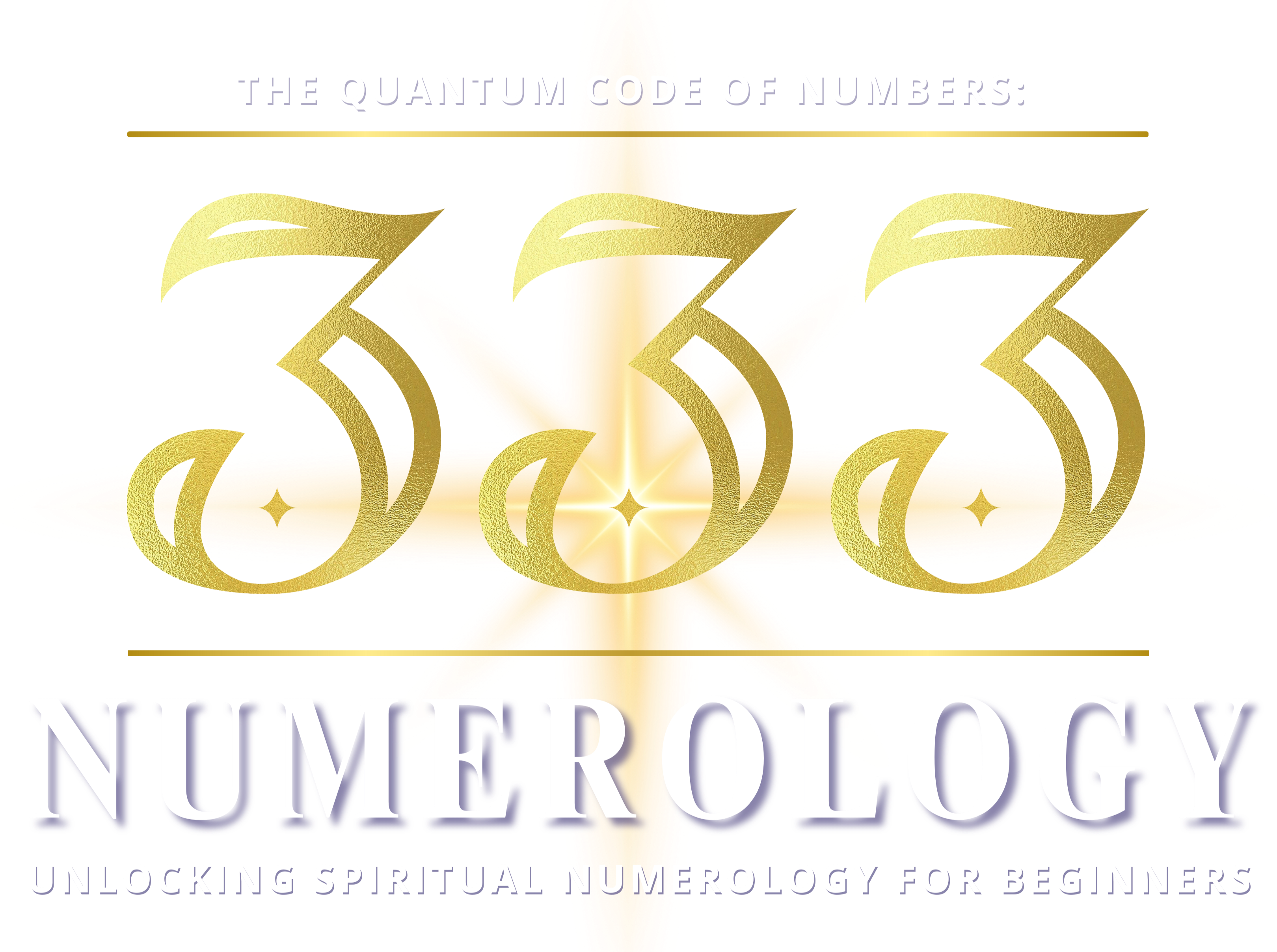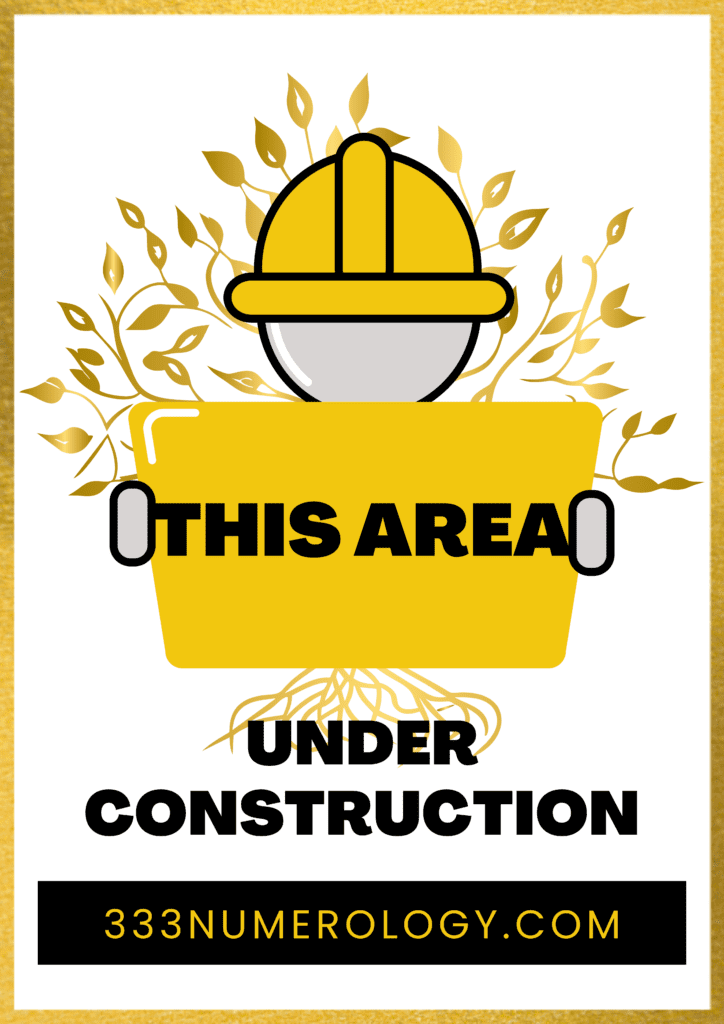Christian numerology, while not as formalized as systems like Hebrew Gematria or Chinese numerology, has deep roots in the symbolic and mystical interpretation of numbers within the context of Christian theology and scripture. Throughout Christian history, many theologians and mystics have explored the idea that numbers hold spiritual significance, often reflecting divine truths, moral principles, or cosmic order. Numbers in Christian numerology are used to decode messages in the Bible, understand the structure of creation, and explore the nature of God.
Here’s an exploration of how, why, and who is involved in Christian numerology.
How Christian Numerology Works
Christian numerology is primarily concerned with the symbolic meanings of numbers as they appear in the Bible and in Christian tradition. This system does not assign specific numerical values to letters as Hebrew numerology does, but instead focuses on the theological and mystical significance of key numbers in scripture and Christian teachings.
1. Symbolic Meaning of Numbers
Many numbers hold special significance in Christian numerology. Here are some of the key numbers and their meanings:
- 1: Represents unity and the oneness of God. It is a symbol of God’s sovereignty and the idea that God is singular and supreme.
- 3: Associated with the Trinity (Father, Son, and Holy Spirit), it symbolizes divine perfection, wholeness, and completeness. The number 3 is also significant because of key events in the Bible, such as Jesus rising from the dead on the third day.
- 4: Represents the earth or creation. It is associated with the four corners of the Earth, the four elements, and the four Gospels (Matthew, Mark, Luke, and John).
- 5: Often represents grace. The number 5 appears in connection with God’s grace and redemption, such as in the five books of Moses (the Pentateuch).
- 6: Symbolizes imperfection and humanity because humans were created on the sixth day. It is also associated with sin or evil, especially in its triplicate form (666), which is the “number of the beast” from the Book of Revelation.
- 7: One of the most important numbers in Christian numerology, 7 represents divine perfection and completion. It is associated with the seven days of creation, the seven sacraments, and the seven seals in the Book of Revelation.
- 10: Symbolizes law and order. The number 10 appears with the Ten Commandments and represents God’s law given to humanity.
- 12: Represents God’s people and divine government. There were 12 tribes of Israel and 12 apostles chosen by Jesus, making 12 a symbol of the fullness of God’s people.
- 40: Associated with trial and testing. The number 40 appears many times in the Bible, including the 40 days of rain during the flood, the Israelites’ 40 years in the desert, and Jesus fasting for 40 days in the wilderness.
2. Biblical Patterns and Prophecy
Christian numerology often involves finding numerical patterns in the Bible that reveal deeper meanings or prophecies. For instance:
- The number 7 is often interpreted as a number of completion and divine intervention. God rests on the seventh day after creating the world, and in Revelation, the seven seals, seven trumpets, and seven bowls symbolize God’s final judgment and the completion of His plan.
- 666, from the Book of Revelation, is known as the number of the beast and is associated with the Antichrist and evil.
3. Gematria in the New Testament
While Gematria is primarily associated with Jewish mysticism, some early Christian scholars and mystics adapted it to Christian texts. For example, the number 888 is often associated with Jesus because the Greek letters of ΙΗΣΟΥΣ (Jesus) add up to 888 using Greek Gematria. This number, in contrast to 666, is seen as representing Jesus’ divinity and resurrection.
4. Numbers and Christian Art/Architecture
Christian numerology extends beyond scripture to influence Christian art and architecture. Many cathedrals and churches were designed with symbolic numerology in mind, using numbers like 3 (for the Trinity) or 12 (for the apostles) to structure their design. Stained glass windows, paintings, and sculptures often incorporate these numbers to visually represent Christian beliefs.
Why Christian Numerology is Used
1. To Interpret Scripture
Christian numerology is often used to understand the symbolism in the Bible and decode hidden meanings or patterns within scripture. Many Christians believe that numbers in the Bible are not random but are placed there by God to communicate divine truths. By interpreting these numbers, theologians seek to uncover deeper spiritual insights.
2. To Understand Prophecy
The use of numerology is particularly prominent in interpreting biblical prophecies, especially in the books of Daniel and Revelation, which are filled with symbolic numbers. Numerologists use numbers to try to predict or explain the timing of significant events, such as the Second Coming of Christ or the end times.
- For example, the 70 weeks prophecy in the Book of Daniel is a well-known biblical prophecy that involves interpreting numbers to understand the timeline for the coming of the Messiah and future events.
3. For Spiritual Meditation and Growth
Some Christians use numerology as a form of spiritual meditation, reflecting on the meanings of numbers to gain personal insights into their relationship with God and His plan for the world. By contemplating the symbolic significance of numbers like 3 (Trinity) or 7 (completion), Christians engage in a deeper connection to their faith.
4. For Guidance in Daily Life
Although not as widely used in everyday Christian practice, some people interpret numbers as spiritual messages from God in their personal lives, seeing patterns in events, dates, or times as divine communication.
Who Uses Christian Numerology?
1. Early Church Fathers
Many early Christian theologians and Church Fathers explored the symbolic meaning of numbers in the Bible, contributing to the development of Christian numerology.
- St. Augustine (354–430 CE): Augustine frequently wrote about the symbolic meanings of numbers in his work City of God. He interpreted numbers like 6, 7, 10, and 12 in terms of their theological significance, associating them with the structure of creation and God’s divine plan.
- St. Jerome (347–420 CE): Jerome, who translated the Bible into Latin (the Vulgate), also explored the meaning of numbers in the Bible and their relationship to prophecy and theology.
2. Medieval Christian Mystics
During the medieval period, Christian numerology became particularly important among mystics and scholars who sought to uncover hidden meanings in the Bible.
- Hildegard of Bingen (1098–1179 CE): A Christian mystic, theologian, and composer, Hildegard often used numerological symbolism in her visions and writings. She interpreted numbers as reflecting the order and structure of the cosmos and God’s will.
- Joachim of Fiore (1135–1202 CE): A medieval theologian, Joachim is known for his apocalyptic numerology and interpretations of the Book of Revelation. He divided history into three ages (Father, Son, and Holy Spirit) based on his numerological reading of the Bible.
3. Renaissance Scholars and Christian Kabbalists
During the Renaissance, Christian scholars who were influenced by Jewish Kabbalah adapted some of its numerical interpretations to Christian theology. These scholars used numbers to explore the relationship between God, humanity, and the universe.
- Giovanni Pico della Mirandola (1463–1494): A Christian philosopher who studied both Kabbalistic and Christian numerology, Pico believed that numbers were key to understanding the divine mysteries of creation.
- Johannes Reuchlin (1455–1522): A Christian Kabbalist, Reuchlin used numerology to explore the connection between the Hebrew alphabet and Christian theology, blending Jewish mystical thought with Christian beliefs.
4. Modern Christian Theologians and Numerologists
In the modern era, some Christian theologians and prophetic ministries continue to explore numerology, particularly in relation to biblical prophecy and end times scenarios. Numerology is used to interpret prophecies about the return of Christ or the unfolding of the apocalypse.
- Chuck Missler (1934–2018): A modern Christian theologian and author, Missler was known for his numerological interpretations of the Bible, especially in relation to prophecy and eschatology (the study of end times).
5. Christian Esoteric and Occult Traditions
Some Christian esoteric groups, such as the Rosicrucians and Freemasons, use numerology within their rituals and teachings. These groups often blend Christian theology with mystical or occult traditions, using numbers to unlock divine or spiritual secrets.
Important Figures in Christian Numerology
1. St. Augustine (354–430 CE)
- St. Augustine is one of the most important early Christian thinkers who explored the symbolic meaning of numbers in theology. His writings on the significance of numbers like 6, 7, and 10 influenced Christian numerology and its development.
2. Hildegard of Bingen (1098–1179 CE)
- A visionary mystic, Hildegard used numbers to express her understanding of the cosmos, creation, and God’s plan for humanity. Her visions often contained numerological symbolism, particularly around numbers like 7 and 12.
3. Joachim of Fiore (1135–1202 CE)
- Joachim was a medieval theologian who used numerology to interpret biblical prophecies, particularly in relation to the end times. His division of history into three ages based on Trinitarian symbolism was highly influential.
4. Renaissance Christian Kabbalists
- Pico della Mirandola and Johannes Reuchlin were key figures in blending Christian and Jewish numerology. They used numbers as a way to understand the connection between the divine and the human world.
5. Modern Christian Numerologists
- Figures like Chuck Missler represent the modern exploration of Christian numerology, particularly in relation to biblical prophecy and eschatology.
Conclusion
Christian numerology is a mystical and symbolic interpretation of numbers, primarily drawn from the Bible. Throughout Christian history, theologians, mystics, and scholars have used numerology to understand divine truths, interpret scripture, and uncover hidden meanings in prophecy. While not as formalized as numerology in other traditions, Christian numerology plays a significant role in biblical interpretation, spirituality, and eschatology, influencing everything from the structure of cathedrals to the interpretation of apocalyptic prophecies. Whether through early Church Fathers, medieval mystics, or modern theologians, Christian numerology continues to be a tool for exploring the deeper meanings of numbers in relation to God’s divine plan.





